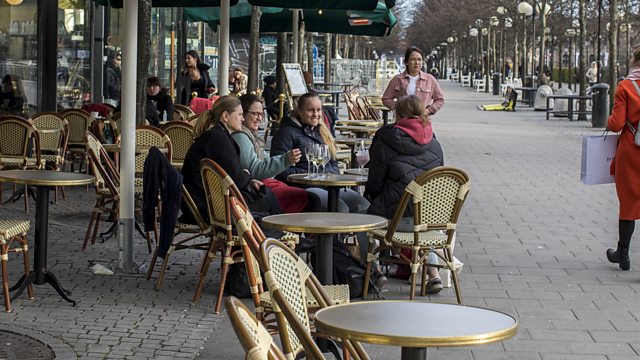Sweden's Covid-19 policy: 'Not a sprint - a marathon'
Sweden's coronavirus policy was to take a long term approach from the beginning and restrictions were much more lenient than other countries.
The policy on the controlling the spread of Covid-19 in Sweden took a broad and long term approach from the beginning, with much more lenient restrictions compared to nearly every other country in the world. Schools for children under 16 were kept open and people were asked - but not forced - to work from home. Those over 70 were urged to self-isolate and shops, restaurants and gyms remained open, but gatherings of more than 50 people were banned.
The country has been criticised for registering one of the highest death rates in Europe but with a second wave approaching in many countries, some believe that a similar strategy focused on learning to live with the disease should be pursued in other countries. Emma Frans, an epidemiologist at the Karolinska Institutet in Solna, Stockholm, explains how the focus was on public health as a whole, rather than the economy, and how the policy has since been modified.
Photo: People meet in a cafe in Stockholm, Sweden in April, 2020 Credit: Getty Images
Duration:
This clip is from
More clips from The Inquiry
-
![]()
Ukraine war: How Russia benefits from Europe buying its gas
Duration: 03:47
-
![]()
How the Ukrainian resistance is exposing Russian weakness
Duration: 03:19
-
![]()
West African coups: What comes next?
Duration: 03:23






